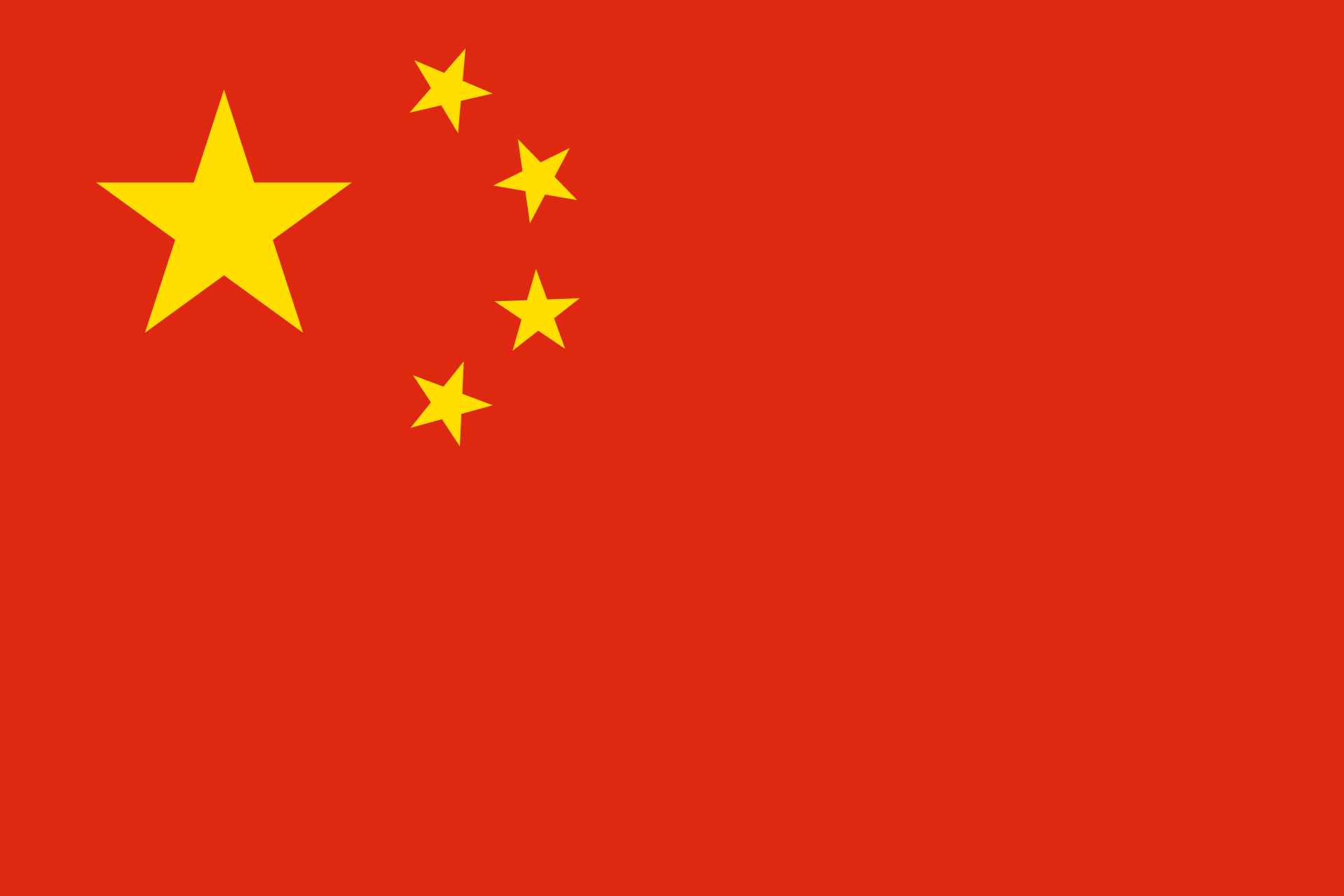
Terrestre
France
La frégate et la modernité
The voyage of the Russian writer, Ivan Gontcharov (1812-1891) on the frigate Pallada from 1852 to 1855 was a journey of symbolic importance. The author came from a wealthy background, working as a merchant in the family grain business; yet, disillusioned with this, he joined the Pallada and set off on a journey that took him to England, Africa, Japan, and then overland back to Russia.
Problématique de l’Epopée. Routes terrestres et maritimes
In spite of its difficulty, the study of orally transmitted traditions, such as sung epics, provides fascinating insight into a society’s culture. On the island of Palawan and among the Buryats living in the forests of Siberia, epics mostly dealt with the quest for marriage partners, acts of heroism and the overcoming of conflicts which led to social harmony and cohesion. In both these cultures, which were based on hunting and the exchange of goods, the epics were sung by shaman-bards.
Une monnaie en or du souverain indo-parthe Abdagases II
A gold coin discovered close to Gilgil in Pakistan, which bears the portrait of a king and a legend in Parthian (“Abdagases king of kings”), is attributed to the Indo-Parthian king Abdagases II who ruled during the last quarter of the 1st century AD. There are some similarities between this piece and the coinage of the famous Kushan king Vima Taktu (Sôter Megas), who reigned roughly at the same time.
Les routes orientales du papier
Paper first appeared in China in the 2nd century BC, and it was massively diffused from the 2nd century AD onwards. Paper making techniques evolved significantly during the first centuries of our era. The new material was used for various purposes, and it progressively replaced wood tablets, bamboo tablets, and eventually silk as a support for writing. Paper was exported to neighbouring countries, such as the kingdom of Silla on the Korean peninsula, Japan, Vietnam, and later Tibet and India. These regions soon started producing their own paper.
Découvertes récentes de trésors indo-grecs : Nouvelles données historiques
Owing to the conflicts, the number of clandestine excavations have increased in Afghanistan and Pakistan leading to major discoveries of treasures. One of the largest finds was a colossal amount of Greco-Bactrian, Indo-Greek, Indo-Scythian, Indo-Parthian and Kushan coins, including one find that, altogether, weighed three tonnes and included 450,000 gold and bronze pieces.
Yazd
©2000 Ruth Harold / YazdXi'an
Ürümqi
Cette plateforme a été développée et est maintenue avec le soutien de :
Contact
Siège de l'UNESCO
7 Place de Fontenoy
75007 Paris, France
Secteur des sciences sociales et humaines
Section de la recherche, politique et prospective
Programme des Routes de la Soie



